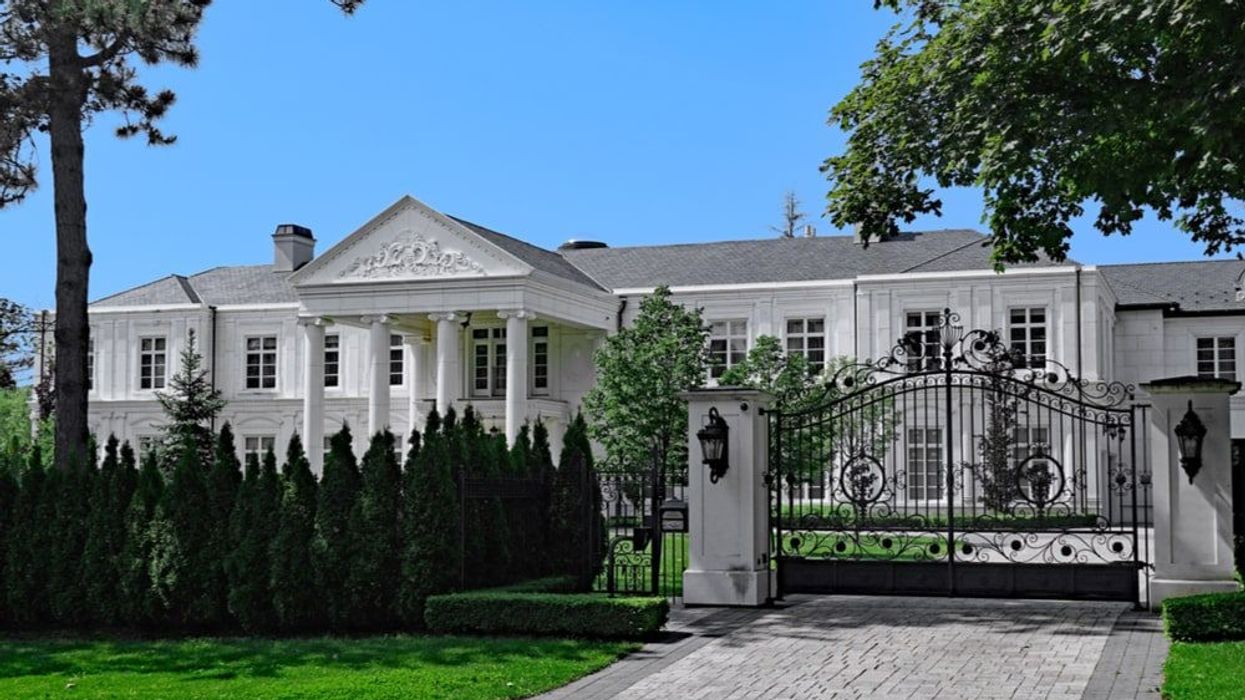Just as buyers have diverged within Canada's conventional real estate markets, so too have prospective purchasers in the luxury space.
The performance of Canada's major luxury real estate markets forked in the first half of the year, with momentum picking up in some cities and activity dwindling in others, according to Sotheby's International Realty Canada's Top-Tier Real Estate: 2023 Mid-Year State of Luxury Report.
While all markets continued to grapple with the effects of rising mortgage rates, economic uncertainty, and macroeconomic headwinds, some felt the effects of the troublesome trifecta more so than others.
"The first half of the year revealed differentiation in luxury market performance that underscored
the predominance of hyperlocal influences and, in particular, the impact of local housing supply and
consumer sentiment on top-tier market activity," the report noted.
In Vancouver, local influences like legacy the generational wealth transfer led to a significant improvement in sales transactions within the city's ultra-luxury market over the first half of the year.
Between January 1 and June 30, ultra-luxury residential sales over $10M climbed 38% compared to the same period in 2022. However, luxury residential sales over $4M dropped 18%, and residential sales over $1M fell 25% year over year in the first half of 2023.
Despite a resurgence in buyer activity throughout the spring, Sotheby's said the "chronic housing shortage" plaguing Vancouver's conventional and top-tier markets put a limit on transactions.
"Luxury buyers tend to be more resilient than buyers on the conventional side of the market," Don Kottick, President and CEO of Sotheby's International Realty Canada, told STOREYS.
"When you get into the luxury and ultra-luxury segment, most homeowners don't have mortgages. So while they do have an effect, interest rates have less of an impact on luxury buyers."
Likewise faced with a "pervasive" supply shortage, a similar situation played out in Toronto. Just five properties over $10M were sold in the first half of 2023, a 28% decline from a year prior. Residential sales over $4M were down 32% year over year, while $1M-plus sales dropped 27%.
Overall, the Greater Toronto Area -- which includes Durham, Halton, Peel, York, and Toronto -- saw residential sales over $10M decline 56% on an annual basis in the first half of the year, while sales over $4M contracted 35% and sales over $1M fell 29%.
Inventory grew in Montreal, leading to a "continued moderation" of the market in the first half of 2023. Overall $4M-plus residential sales declined 39% compared with a year prior, while sales over $1M dropped 28% annually. Dwindling sales gave buyers the upper hand, leading to an increase in conditional offers, price adjustments, and days on market.
In contrast to other major cities included in Sotheby's report, Calgary's luxury housing market remained relatively "active and healthy" throughout the start of 2023.
Overall residential real estate sales over $1M and $4M were down 10% and 20%, respectively, in the first half of the year compared with the same time in 2022. However, amidst the city's economic optimism and heightened in-migration, luxury condo sales over $1M surged 100% annually.
"We’re finding that the gap between buyers and sellers has narrowed," Kottick told STOREYS. "In early 2023 and in 2022, we had a big gap between seller's expectations and what buyers were willing to pay. Now, we’re finding that sellers are being much more realistic in terms of the value of their property. And buyers are much more discerning. They’re not willing to overpay. That gap has narrowed quite a bit, and that’s being reflected right across the country."
With the first half of 2023 behind us and the theoretical gap closing, Kottick is optimistic that Canada's luxury real estate markets will be "healthy" throughout the remainder of the year.
"We got off to a slow start this year pretty much right across the country, but we gained momentum in the spring," Kottick said. "There was a little bit of a slowdown leading up to the interest rate increase on July 12, and the market will take a little while to accept and absorb that. But looking forward, we're anticipating a healthy fall market. Things will start to normalize on a seasonal basis."





















